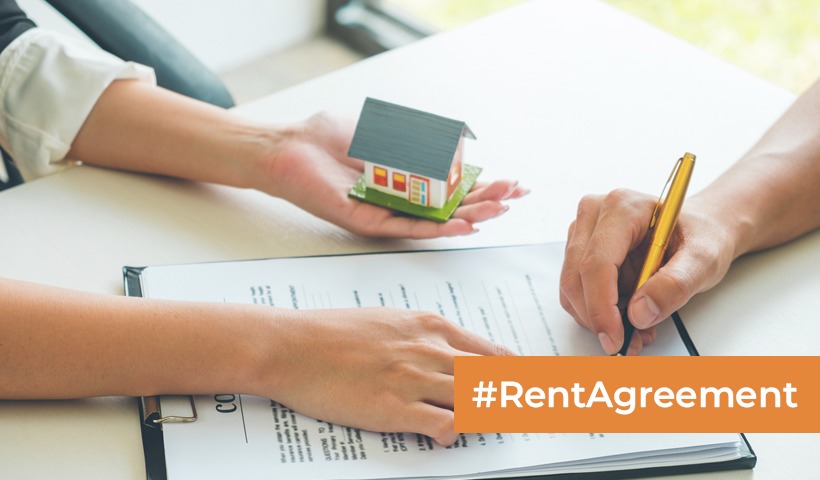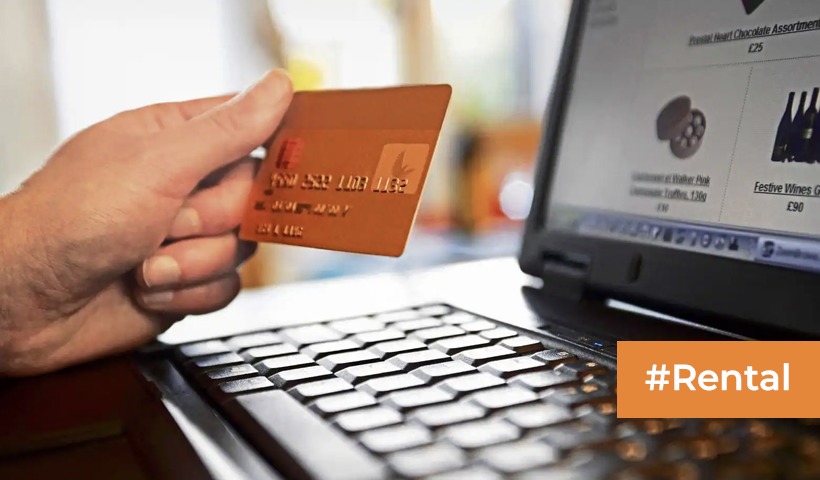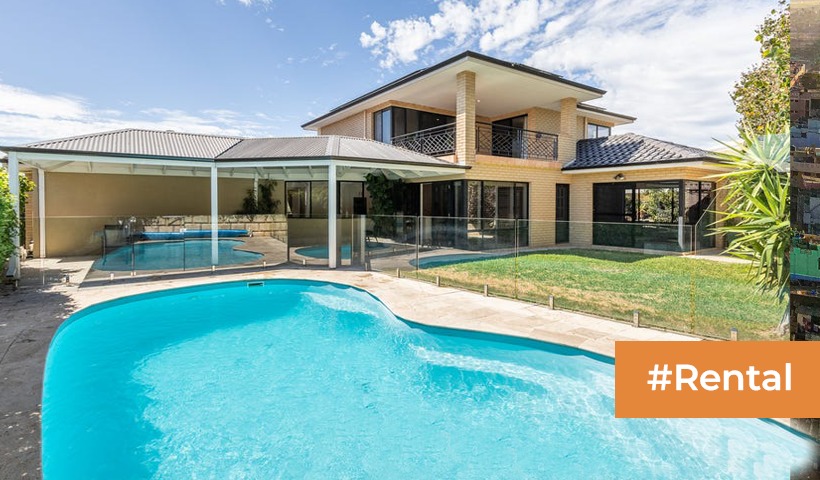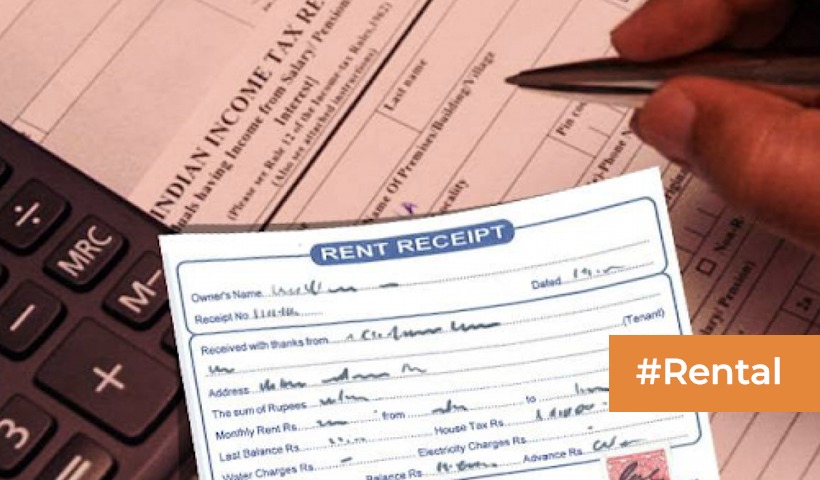11 Things To Know Before Renting A House
Renting a house can be an exciting yet daunting task. Whether you’re a first-time renter or considering a new place to call home, there are several crucial factors to consider before signing a lease. From location to lease terms, each aspect plays a vital role in ensuring a smooth renting experience. Here are 11 things to know before renting a house:
1. Location Matters
The location of your rental property can significantly impact your daily life. Consider factors such as proximity to work or school, access to amenities like grocery stores and parks, and the overall atmosphere of the neighborhood. Research crime rates and community events to get a better understanding of the area’s vibe before committing to a lease.
2. Budget Allocation
Before you start your house hunt, it’s essential to establish a clear budget. Determine how much you can comfortably afford for rent, utilities, and other expenses. Take into account any additional costs, such as parking fees or pet deposits, to avoid financial strain down the line. Compare rental prices in different neighborhoods to ensure you’re getting the best value for your money.
3. Amenities and Facilities
Evaluate the amenities offered with the rental property. Does it have laundry facilities, parking spaces, or a gym? Consider your lifestyle and priorities when assessing the available facilities. Additionally, inquire about utilities included in the rent and any extra costs associated with amenities.
4. Lease Terms and Conditions
Carefully review the lease agreement before signing anything. Pay close attention to clauses regarding rent increases, maintenance responsibilities, and lease duration. Seek clarification on any ambiguous terms and ensure you understand your rights and obligations as a tenant.
5. Property Maintenance
Inspect the condition of the property before moving in. Look for any signs of damage or issues that need repair. Clarify with the landlord who is responsible for maintenance tasks and how they should be addressed. Document the property’s condition to avoid disputes over security deposits later on.
6. Neighborhood Environment
The neighborhood you choose can significantly impact your quality of life. Consider factors such as safety, noise levels, and proximity to essential services. Take a walk around the area to get a feel for the atmosphere and talk to current residents if possible. Building a sense of community can enhance your renting experience.
7. Transportation Accessibility
Evaluate the accessibility of public transportation options and major highways. Consider your daily commute to work or school and the convenience of getting around the city. Factor in transportation costs and travel time when deciding on a rental location.
8. Pet Policies
If you have pets, inquire about the landlord’s pet policies before signing a lease. Some properties may have restrictions on the type or size of pets allowed, as well as additional fees or deposits. Be upfront about your furry friends to avoid any surprises later on.
9. Future Plans and Flexibility
Consider your future plans and how they align with your rental agreement. Are you looking for a short-term lease or planning to stay long-term? Discuss any flexibility with the landlord regarding lease renewal or early termination options.
10. Tenant Rights and Legal Protections
Familiarize yourself with tenant rights and legal protections afforded to renters in your area. Understand eviction procedures, anti-discrimination laws, and the process for resolving disputes with your landlord. Knowing your rights can empower you to advocate for yourself as a tenant.
11. Security Deposit
Understand the terms and conditions of the security deposit before moving in. Know how much is required upfront and the conditions for its refund at the end of your lease. Keep records of any pre-existing damages to avoid discrepancies during the move-out inspection.
Conclusion
Renting a house is a significant decision that requires careful consideration of various factors. By thoroughly researching the location, budgeting appropriately, and understanding lease terms and tenant rights, you can ensure a positive renting experience. Remember to communicate openly with your landlord and prioritize your needs and preferences when selecting a rental property.
FAQs
- Should I negotiate the rent with the landlord?
- Yes, it’s worth discussing rental prices and negotiating with the landlord to find a mutually agreeable rate.
- Is renter’s insurance necessary?
- While it’s not legally required, renter’s insurance provides valuable protection for your belongings and liability coverage.
- Can the landlord enter my rental property without permission?
- In most cases, landlords are required to provide notice before entering your rental unit, except in emergencies.
- What should I do if I encounter maintenance issues?
- Report maintenance issues to your landlord promptly and document all communications for reference.
- Are there any restrictions on decorating or modifying the rental property?
- Check your lease agreement for any restrictions on painting, hanging pictures, or making alterations to the property without permission.
Disclaimer: The views expressed above are for informational purposes only based on industry reports and related news stories. PropertyPistol does not guarantee the accuracy, completeness, or reliability of the information and shall not be held responsible for any action taken based on the published information.




